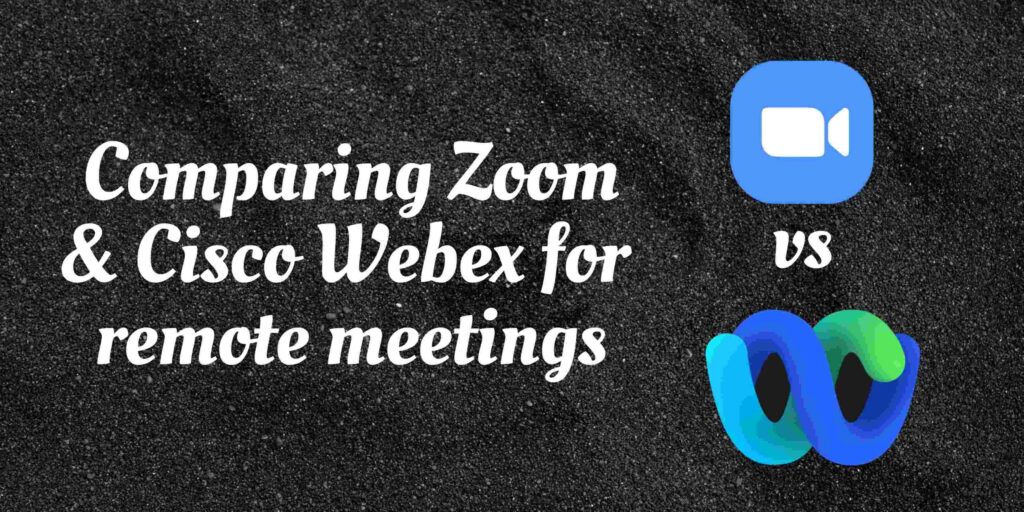
Our brains and hearts are not designed to walk away. Even when our gut tells us that a relationship, a deal, or a project is not going to see the light of the day, we cling to them with desperate hope. It is not just the countless hours of effort put in but the emotions that go into bringing a deal from a nascent stage to where it is today that challenge us from walking away. Walking away also means that you have nothing to show for the efforts put in by you for initiating and grooming the deal.
However, eventually, walking away from a prospect who can never be converted, favours your growth and efficiency. You learn a lot when you walk away and use this information to screen your prospects more effectively. Here are a few signals when you should walk away from a prospect:
1. Product Company Misfit
When you realize that your product does solve the problems faced by the prospect’s company, you must walk away. This shows your integrity. You cannot build lasting customer relationships when you are only selling and not solving. You may get a one-time subscription, but you will never earn customer loyalty. It is one of the classic cases of – ‘It is not you; it is me’ walk away. Your integrity will earn the trust of the prospect. They will consider you on the top of their list when you offer them a solution that fits their company needs the next time.
2. Too focused on the price
If you are offering a solution of high value with dedicated service and every question from the prospect circles back to price, it might be the sign to walk away. If a prospect keeps asking for discounts, asks you to offer your services for free, and does not seem to see value in your offering, the sales deal will not last. The prospect will hop onto a competitor as soon as they find something at a lower price. Maintaining relationships with such prospects is tough and not worth the time.
3. There is no clear next step.
This could happen due to multiple reasons.
1. The person that you are talking to has no authority.
If you have raised many requests to talk to a person who has the buying power and you still have no access to this person, it is time to take the matter into your hands. You can try to get in touch with the person in authority by yourself. If this seems impossible after several attempts, it is time to walk away.
2. There is a sudden change of direction in the company.
The prospect’s company may decide to move in a direction where your offering will no longer be useful. If you haven’t been informed of this change and you catch wind of it, it is time to walk away.
4. No Budget
While it is common for sales representatives to hear responses like, we don’t have the budget for this, you can ascertain the same by digging out some information on the company revenue and its financial strength. If you find that the company really does not have the budget, stop badgering them and walk away.
5. You are ghosted.
If a prospect does not return your calls or messages after three consecutive attempts, it is time to stop pursuing them. Most of the time, they will have moved to a competitor and are reluctant to let you know the same. At other times, they may simply not be interested. If you are ghosted, wrap up by sending a communication that you will no more be bothering them with your offers and they may connect with you if the need arises.
6. The prospect does not share the same company values as yours.
If your company values integrity, trust and mutual respect but the prospect treats you disrespectfully and often uses inappropriate language, it is your right to walk away. If the prospect’s company does value integrity, it is nearly impossible to maintain a long-standing relationship. Likewise, if you are an innovative company but the prospect’s company does not believe in innovation, they will never understand your value and you will be merely a number to them.
Final words
You may decide to walk away from a prospect but don’t go incommunicado. Tactfully, explain the reason for walking away. For example, if the company has no budget, you could walk away by saying that you will come back to them in the future by tailoring your solution to their requirements. Similarly, if the reason for walking away is that the company has not decided on its direction, you may walk away by stating that you will be happy to assist them when they solidify their future strategy. Do wish them luck for the same.
Walking away is never easy, but when you do, you free up your precious time and resources on prospects that matter.





